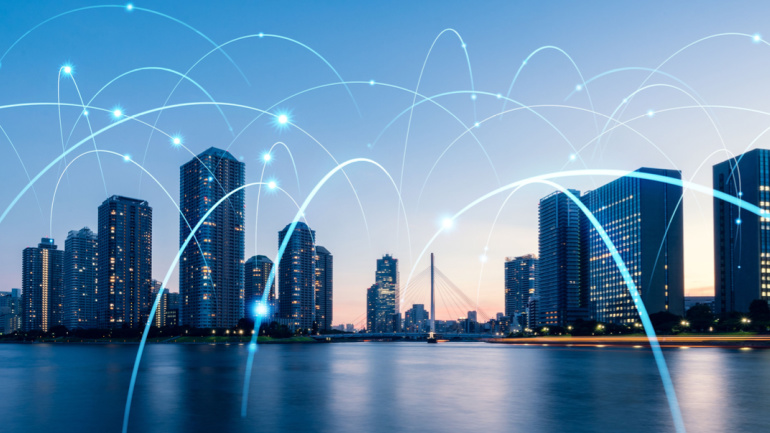Google Chrome’s desktop version is set for a Material You design update. Apple hints at traditional smart glasses development through a recent patent, complementing their Vision Pro headset. Verizon introduces a versatile Mobile Onsite Network-as-a-Service for enterprises, offering private networks, edge compute, SD-Wan, and satellite connectivity. Meanwhile, Google unveils its Pixel 8 series and teases the Pixel Watch 2 ahead of an October 4th launch event.
In the wake of the European Union’s decision to compel Microsoft to cease bundling Teams with Office applications across Europe, Zoom’s CEO, Eric Yuan, has proposed that the United States Federal Trade Commission (FTC) consider similar actions within its borders.
Norway’s Telenor pushes forward with a dramatic leadership change aimed at augmenting its growth trajectory in line with its 2025 vision. Notable moves include former Head of Telenor Asia, Jørgen C. Arentz Rostrup, stepping in as Head of Telenor Nordics, while his predecessor Petter-Børre Furberg takes over his former position. Google Cloud’s ex-head of telecoms, Amol Phadke, also joins the team as EVP and group CTO, with a focus on technology transformation.
Ooma, Inc., the innovative communications platform for both consumers and businesses, has unveiled a suite of dynamic enhancements to its Ooma Office business communications service. The new additions, encompassing online bookings, streamlined messaging, and enhanced team collaboration, aim to amplify business efficiency and client interactions.
Deutsche Telekom and Google venture into tablet manufacturing, pinning their hopes on the affordable “T Tablet”. Designed for digital learning, this device blends advanced hardware, potent software, and network capabilities. Aiming at a wider 5G access, it also targets narrowing the digital divide. The tablet’s debut could spark new conversations about digitization in the education sector and beyond.
Transferring 5G workloads to the public cloud is proving slower than expected, leading financial firm Dell’Oro to adjust its growth predictions for 5G standalone (SA) solutions down. Despite this, a growth rate of 65% over five years is still anticipated. However, the slow adoption of 5G SA by mobile network operators and enterprises has led to a cautious approach. Hyperscale cloud providers look set to hold just 6% of total market revenue in the next five years, underscoring the remaining untapped potential in the 5G SA market.
The Q2 global market growth for cloud infrastructure services showed a flourishing trend, although at a slightly reduced rate from Q1. The noteworthy strides are largely linked to evolving spending habits, with AI expected to power considerable growth soon. Amazon and Microsoft demonstrate this shift, announcing AI-focused programs in response to the rising demand. Nevertheless, mastering AI implementation comes via strategic partnerships, open to those willing to forward AI applications.
Verizon and YouTube team up to offer NFL Sunday Ticket, Cisco and Qwilt enhance content delivery in Italy, Verizon and AT&T notify customers of new fees, Google rolls out safety feature for detecting Bluetooth trackers on Android devices, and worldwide smartphone market sees a 10% decline in Q2 2023.
If you’ve ever contemplated making the leap from your trusty flagship phone to a foldable device, Samsung’s latest offering, the Galaxy Z Fold 5, is here to entice you. While it may not be everyone’s cup of tea, the Fold 5 presents significant enhancements that set it apart as a more user-friendly, durable, and productive foldable phone compared to others in the market.
Samsung’s Unpacked event next week is set to introduce two highly anticipated foldable phones, the Galaxy Z Fold 5 and Z Flip 5. These devices are expected to offer exceptional entertainment experiences, innovative camera features, but also potentially hefty price tags and the persisting issue of fragility that has been a concern for foldable phones since their inception.













